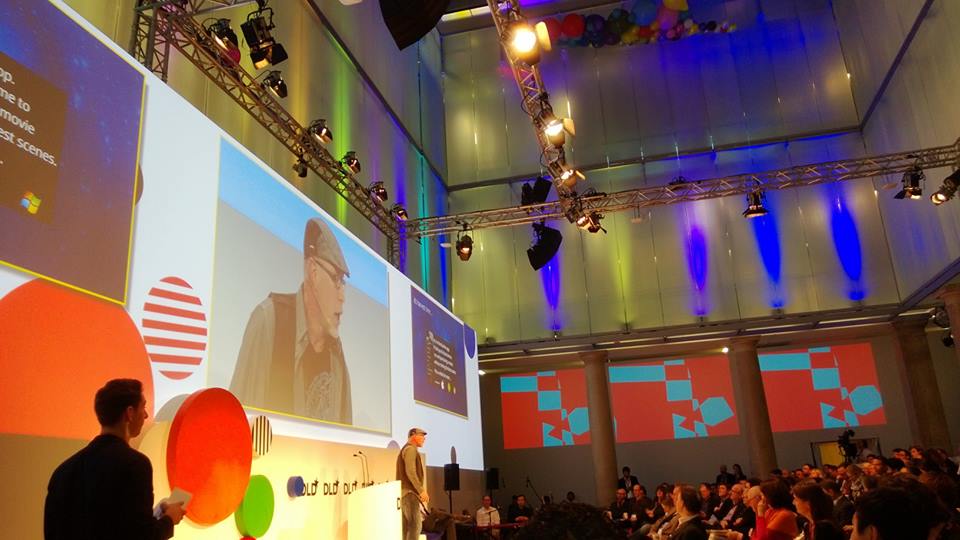When Microsoft was founded, Apartheid in South Africa was at its peak. Nigeria was falling back under military rule. Mozambique and Angola were still months from independence. Economic prosperity seemed a world away. Forty years on, the interests of company and continent have converged.
Multinational corporate activities in Africa – traditionally CSR-related – have slowly but surely been changing as companies begin to understand the huge potential for customer acquisition on the continent, none more so than Microsoft, which is pursuing a “cloud first, mobile first” strategy under CEO Satya Nadella.
The attraction is clear. Mobile-first Africa boasts seven of the world’s 11 fastest growing economies. It currently accounts for less than five per cent of Microsoft’s revenues, but is seeing high double-digit annual growth, a figure Fernando de Sousa, outgoing general manager of Africa Initiatives at Microsoft, says the company plans to increase by accessing an “unclaimed customer base”.
African SMEs are central to this. Microsoft’s 4Afrika initiative aims to get one million such businesses online, making them consumers of the technology the firm sells. It has managed to onboard 300,000 so far, while offering tools such as the Biz4Afrika portal and the Virtual Academy, which provide access to Microsoft products and toolkits. The goal is to build an ecosystem of people and businesses online, with Microsoft products at its core.
“They all create employment, and absolutely we’ve created an addressable market that was not previously a consumer of IT,” de Sousa says.
Clifford de Wit, developer experience director of Microsoft in South Africa – where the company runs a programme aimed at developing local startups – says partnerships with SMEs allow the company to expand the number of locally developed solutions available within its Windows Phone and Windows Store.
“In addition, the number of developers, IT professionals, and South African business that utilise Microsoft’s cloud platform and development tools also grow; both of these factors help position Microsoft as a leader within the local and global tech startup space,” he says.
But it is not as simple as that. Microsoft knows it has a part to play in establishing infrastructural building blocks before it can sizably build its African customer base.
“Affordable connectivity, that is the underlying thing. We are in a broader connectivity conversation,” de Sousa says.
The company’s main focus in terms of connectivity is on TV white space technology, which utilises unused radio spectrum to provide Wi-Fi connectivity at one-tenth of the cost of 4G. It is backing nine projects across Africa, a number it plans to increase to 20 by next year.
Sean Sealey, chief operating officer (COO) of Spectra Wireless, which is working with Microsoft in Ghana, says the benefit of white space is that there is no signal interference.
“It is very reliable, it has a long distance. Over the long-term it will be beneficial to acquire more customers,” he says.
“That is very significant because it does allow a much bigger coverage area,” de Sousa says. “It really does deliver on the promise of getting people connected.”
There is always, however, a customer angle in mind.
“If they’re a student, do they get greater access to educational materials? If they’re a business owner, does their market grow? We are combining the conversation around connectivity with the value proposition to the consumer, how they will benefit from being connected,” de Sousa says.
Launched in February 2013, Microsoft’s 4Afrika Initiative has launched a number of projects aimed at empowering small to medium-size enterprises, youth, and government employees; and also supports innovation hubs across the continent with access to technology, resources and skills development.
Recently, Disrupt Africa reported 4Afrika partnered with ALNVentures to to support entrepreneurs and startups, delivering the value of Microsoft’s BizSpark, Microsoft Virtual Academy and Biz4Afrika initiatives to ALNVentures’ portfolio companies.
Last month, a partnership between 4Afrika and AMPION was announced, with Microsoft 4Afrika providing financial, technical and mentorship support to more than 200 entrepreneurs from across Africa participating in the venture bus programmes.


